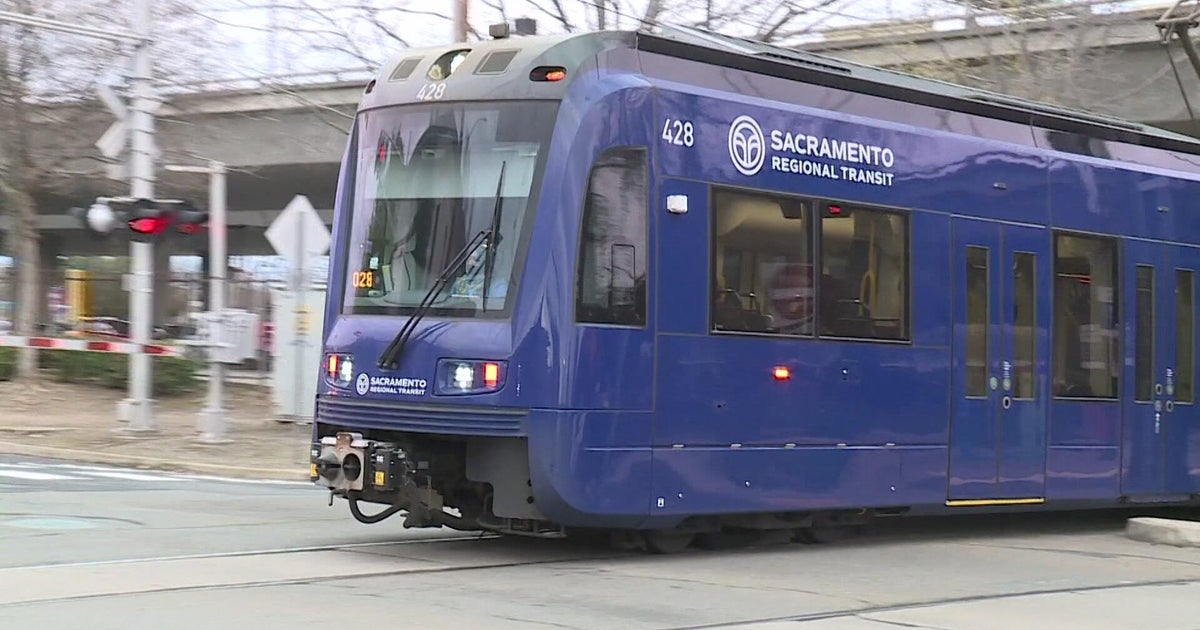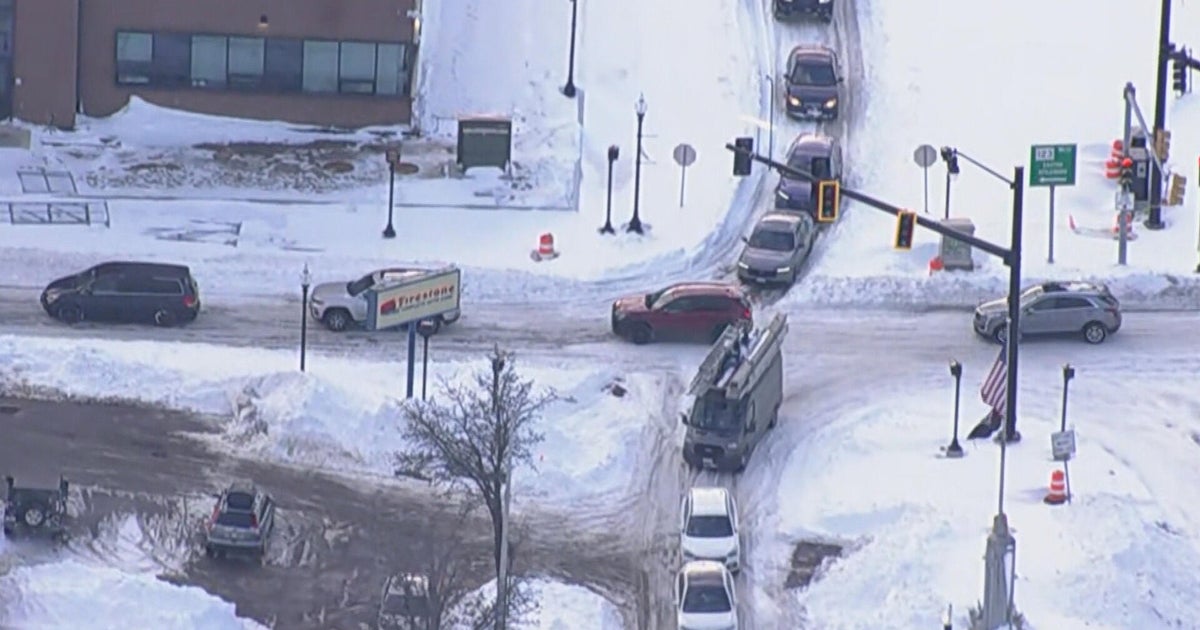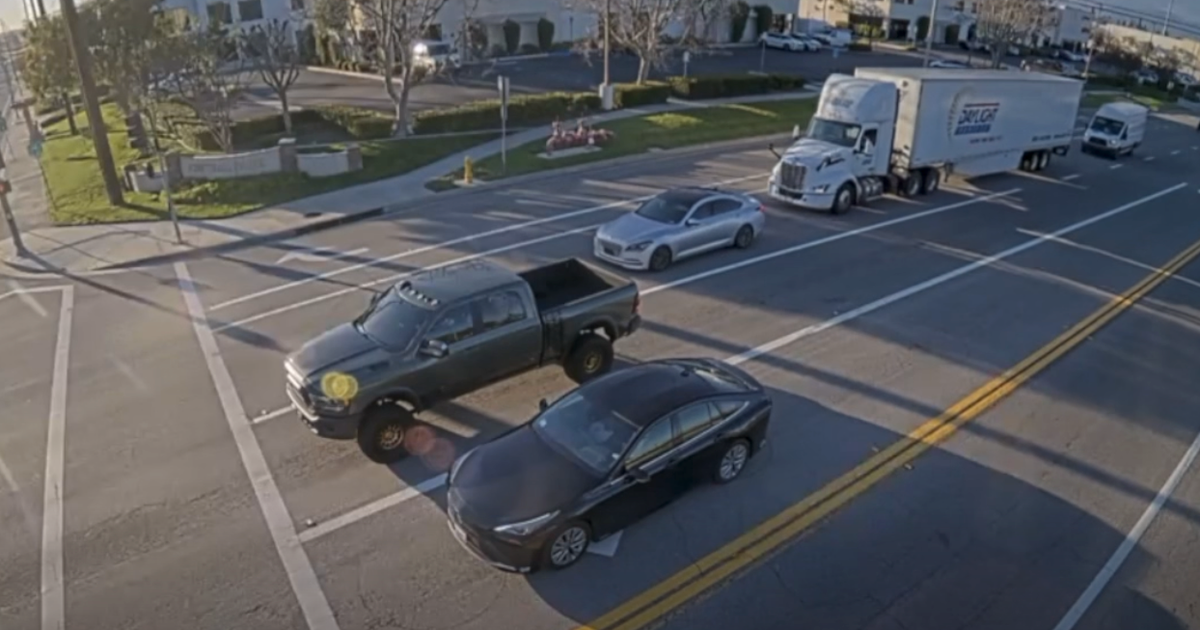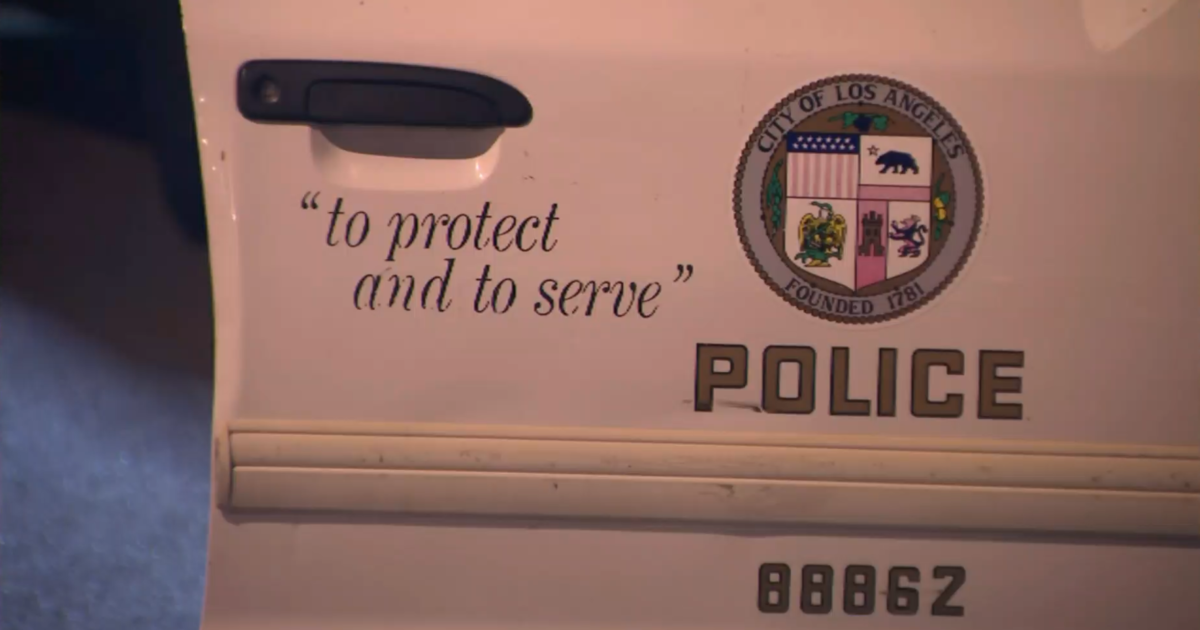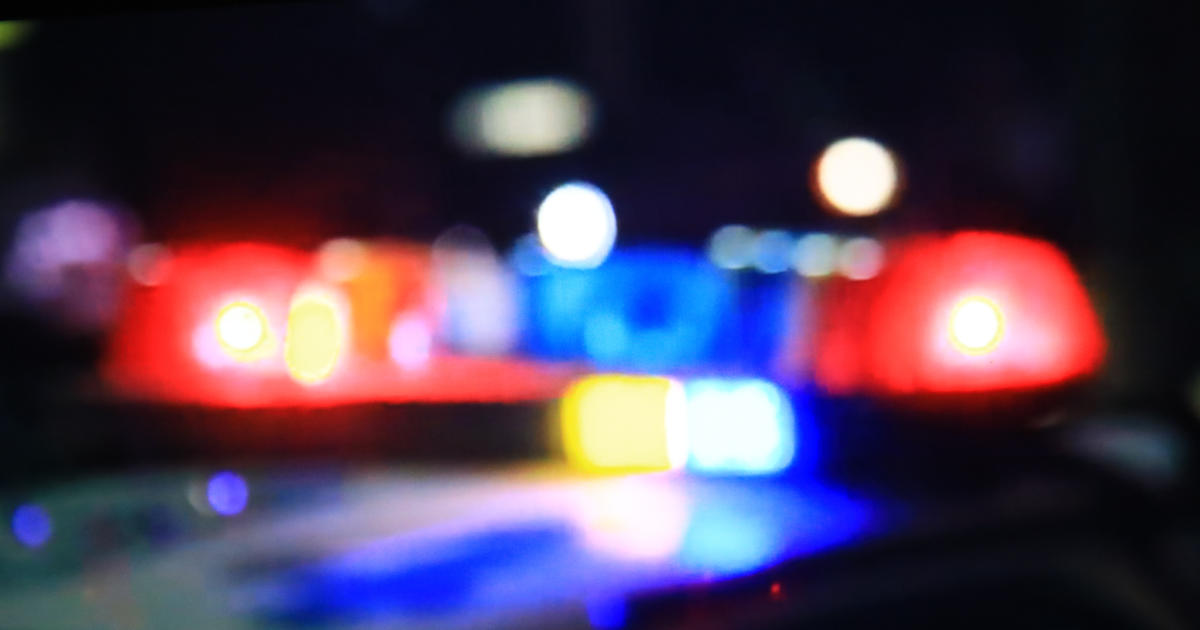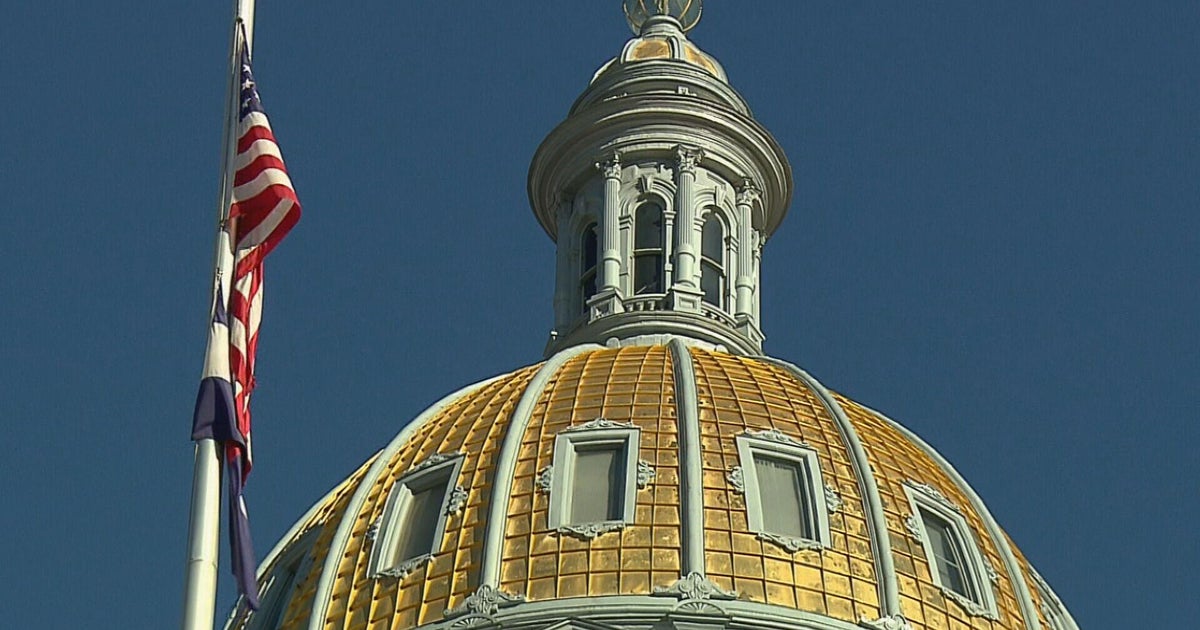MTA cracking down on drivers occupying NYC bus lanes. Here's how the ACE program works.
NEW YORK -- There is good news for bus riders looking to get to their destinations faster.
New technology is targeting drivers taking up space in bus lanes. Cameras on select MTA buses are now capturing cars that are illegally parked or double parked.
If you're caught, you can now expect a violation in the mail, according to the MTA.
"I have been at that bus stop where the bus cannot curb or come to the bus stop either because there's a double-parked vehicle or someone blocking it, which disabled my ability to get better off the bus," MTA Chief Accessibility Officer Quemuel Arroyo said.
How does ACE, or automated camera enforcement, work?
The ACE program has been activated on 623 buses across 14 routes throughout Brooklyn, Queens, Manhattan, and the Bronx. It captures cars violating bus stop rules that slow down traffic and create safety hazards for riders.
According to the MTA, when enforcement cameras are activated, routes see bus lane speeds increase by 5%, collisions decrease by 20%, and there is a 5-10% reduction in emissions, on average.
The Department of Transportation said it will issue warning notices to drivers for the first 60 days before fines begin. Fines will range from $50 to $250.
MTA officials said they believe the new system will have a positive impact as only 9% of drivers commit a second bus lane violation after receiving their first fine.
New Yorkers seem on board with the idea
CBS New York spoke to riders who say they hope the fines will actually work as this issue is something they deal with almost on a daily basis.
"I was on 42nd Street and a truck was blocking the whole bus. The bus had to go around the truck and that's problematic because now you have to walk around all these cars, oncoming traffic, and that's horrible," Harlem resident Nyasia Kiah said.
"It's really difficult, especially if you have bad knees or something, or if you're in a wheelchair. I'm so glad to hear they're finally doing that. Let's hope it does something," another person said.


